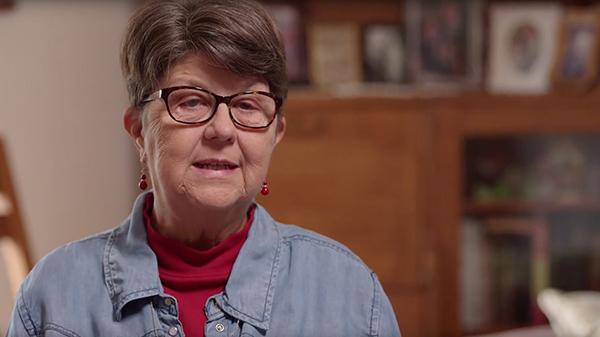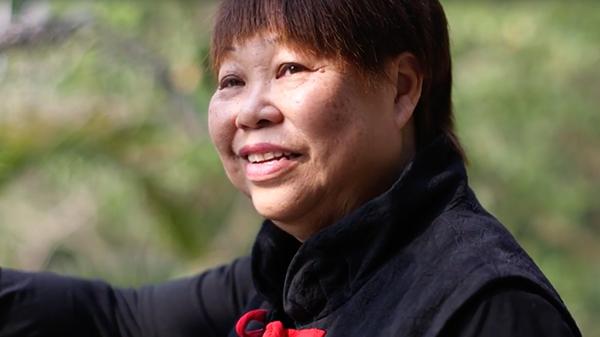Living life to the fullest on peritoneal dialysis
Nancy, a cruise director for the Port of Quebec, has experienced all the options for a person with kidney failure: continuous ambulatory peritoneal dialysis (CAPD), automated peritoneal dialysis (APD), hemodialysis (HD) and kidney transplant.
Born with polycystic kidney disease, Nancy grew up knowing the course her disease would take - her mother also had polycystic kidney disease and kidney failure. When her kidneys started to fail, Nancy and her renal care team at the Hôtel-Dieu de Québec made the decision to begin peritoneal dialysis (PD).
In August, 2012 Nancy received her PD catheter and began continuous ambulatory peritoneal dialysis (CAPD) mid-September and was transitioned to using the HomeChoice cycler for APD by October 2012.
Initially, when she began CAPD, Nancy found the weight of the solution in her abdomen took some getting used. As she started feeling the positive effects of dialysis and realized she did indeed need dialysis and was benefitting, the transition to being on dialysis became easier.
Learning to use the HomeChoice cycler for APD was a smooth process thanks to the training she received from the nurses at the Hôtel-Dieu de Québec. Nancy feels this was the key to how quickly and easily she learned to use the cycler. “I had 2 days of training with the hospital nurses and then a few days later was running the cycler machine independently.”
When asked how she chose which form of dialysis to use, Nancy shared that PD most closely matched what she wanted out of life: to work, to travel and to not be tied to an exchange schedule during the day. “While other forms of dialysis have positive attributes too, they didn’t suit me and what I wanted out of life. With APD, life got back to normal, I could do whatever I wanted to do.”
While on APD, Nancy was able to return to work and travelled to Europe, and to both the east and west coasts of North America.
When asked how she has dealt with all the changes brought on by her kidneys failing, Nancy says she has remembered a saying she heard when travelling many years ago “You can’t adjust your course in life, but you can adjust your sails”
“With dialysis, there is always something changing that you have to adjust for; your weight is up 1 pound and you have to change your prescription that night, your phosphorus is up and you have to change your diet etc. You can’t control what is going to happen with kidney disease. Once I wrapped my head around the idea that change comes with the territory with kidney disease and stopped being afraid of it, I learned to adjust my sails to the wind.”
In June of 2015, Nancy received a kidney transplant and her life has changed yet again, for the better, because in Nancy’s words “some magnificent person signed their donor card and gave me this miracle.”
Explore more of our stories
Important Safety Information
For safe and proper use of products mentioned herein, please refer to the appropriate Operators Manual or Instructions for Use.


